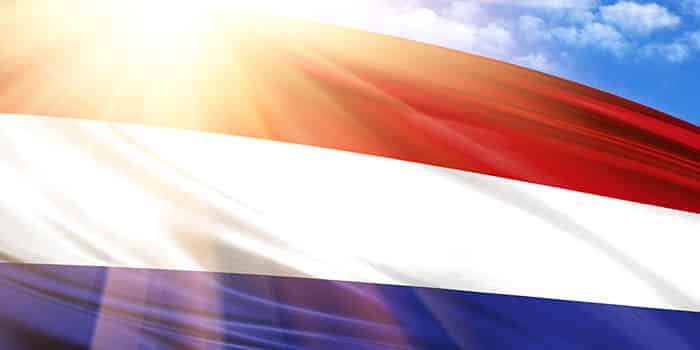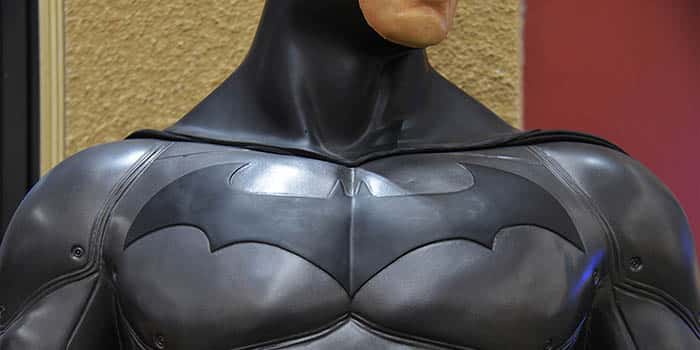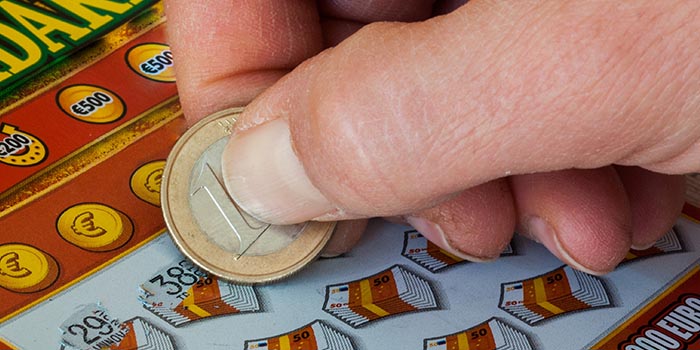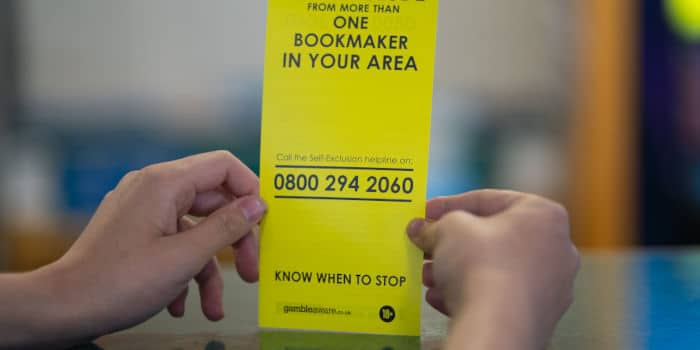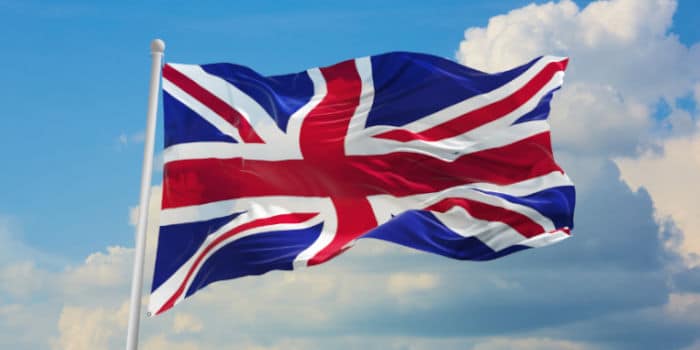- Casino
- By State
- Alabama
- Alaska
- Arizona
- Arkansas
- California
- Colorado
- Connecticut
- Delaware
- Georgia
- Florida
- Hawaii
- Idaho
- Illinois
- Indiana
- Iowa
- Kansas
- Kentucky
- Louisiana
- Maine
- Massachusetts
- Maryland
- Michigan
- Minnesota
- Mississippi
- Missouri
- Montana
- Nebraska
- Nevada
- New Hampshire
- New Jersey
- New Mexico
- New York
- North Carolina
- North Dakota
- Ohio
- Oklahoma
- Oregon
- Pennsylvania
- Rhode Island
- South Carolina
- South Dakota
- Tennessee
- Texas
- Utah
- Vermont
- Virginia
- Washington
- West Virginia
- Wisconsin
- Wyoming
- By State
- Slots
- Poker
- Sports
- Esports
UK Good Causes Need to Receive Higher Percentage from Gambling, Says Report

Launched in 1994, Camelot, the UK’s National Lottery operator, has made thousands of lucky winners millionaires. Only recently, the operator has been under fire because of its instant win games that are available via mobile devices. Now, a recent report urges Camelot to contribute more to good causes.
Good Causes Receive Different Percentage from Different Games
Currently, Camelot’s draw-based games allocate 31% of the income toward good causes. In contrast, the highly popular instant-win games contribute only 12%, while only 9% of the income from scratch cards goes for good causes. One reason behind the lower good causes margin is that more money is allocated toward prizes. On the other hand, this contributes by making those games more popular. Regardless of the percentage difference, since 1994, Camelot has raised some £43 billion ($58.4 billion) for good causes.
But not everyone agrees that Camelot is contributing enough to good causes. Last week, Sir Iain Duncan Smith, the vice-chair of the all-party parliamentary group on gambling-related harm spoke to the Guardian, saying “there should be a fixed percentage on the amount that goes to good causes.” Moreover, he outlined that Camelot is starting to look just “like any other gambling company.”
Return to Good Causes Is Higher, despite the Lower Percentage
In its defense, Camelot said that its products are significantly different than the usual gambling products. Moreover, the operator acknowledged that based on data, the risks of problem gambling-related to its products are very low. The operator added that it is subject to strict rules and regulations that aim at ensuring a safe gambling experience for the users of the lottery games.
“Annual returns to good causes are now over £500m higher than they were at the start of this license, even though the percentage rate of return is lower.”
Camelot
Additionally, Camelot pointed out that the annual returns to good causes have increased by £500 million ($679 million) when compared to the start of its license. Moreover, this increase comes despite the lower percentage of return. According to the operator, focusing only on the amount raised for good causes results in “a deliberately misleading and damaging picture of the health of the national lottery.”
Camelot explained that the national lottery games are more attractive for the players but they also offer generous payouts. In conclusion, the operator said that this results in high income to the Treasury, as well as records sales and prize payouts.
Jerome brings a wealth of journalistic experience within the iGaming sector. His interest in the industry began after graduating from college, where he regularly participated in local poker tournaments. This exposure led him to the growing popularity of online poker and casino rooms. Jerome now channels all the knowledge he's accrued to fuel his passion for journalism, providing our team with the latest scoops online.
Next Article


Industry
January 10, 2022
Steelers vs Chiefs NFL 2022 Wild Card Odds, Time, and Prediction
Must Read
Industry
April 15, 2025
Brazil Weighs Stricter Rules on Gambling Advertising
More Articles




Esports
April 18, 2025
FIFA Blamed for Increase in Underage Gambling in UK
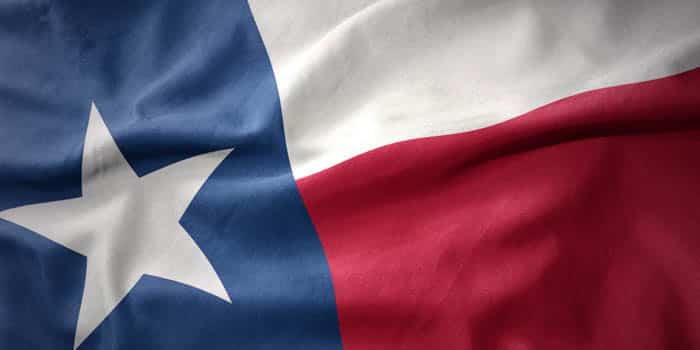
Lottery
April 17, 2025
CTLC Says Its Members Didn’t Violate the Texas Law

Industry
April 14, 2025
Nevada Still Reluctant to Regulate Lottery in the State


